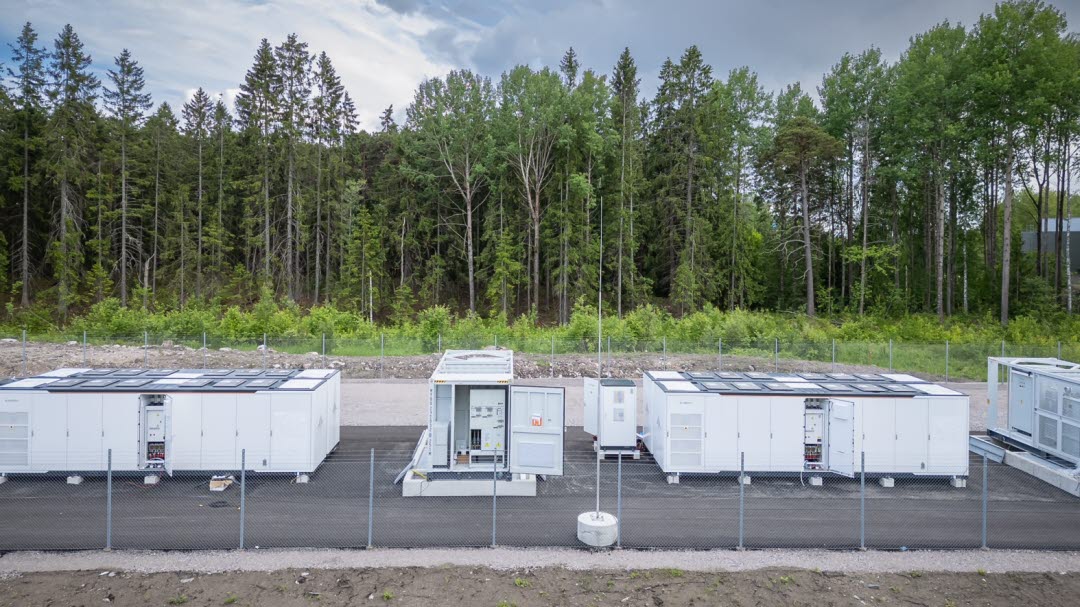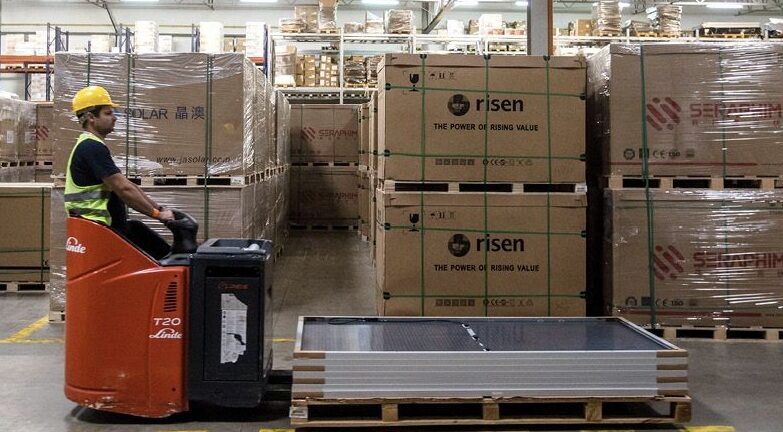Swedish solar association Svensk Solenergi has highlighted several structural obstacles to connecting batteries to the grid in Sweden.
The association’s Grid connection of battery storage report, billed as the first major review of the regulations for connecting batteries to the Swedish electricity grid, says the hesitancy of electricity grid companies to fully integrate batteries is slowing the expansion of renewable electricity production.
Sweden’s battery capacity increased from 80 MW to 610 MW in 2024, but there is a capacity shortage in the local electricity grid in some parts of the country, meaning some grid companies have long queues for connecting batteries, occasionally leading to storage being denied connection.
To continue reading, please visit our ESS News website.
This content is protected by copyright and may not be reused. If you want to cooperate with us and would like to reuse some of our content, please contact: editors@pv-magazine.com.




By submitting this form you agree to pv magazine using your data for the purposes of publishing your comment.
Your personal data will only be disclosed or otherwise transmitted to third parties for the purposes of spam filtering or if this is necessary for technical maintenance of the website. Any other transfer to third parties will not take place unless this is justified on the basis of applicable data protection regulations or if pv magazine is legally obliged to do so.
You may revoke this consent at any time with effect for the future, in which case your personal data will be deleted immediately. Otherwise, your data will be deleted if pv magazine has processed your request or the purpose of data storage is fulfilled.
Further information on data privacy can be found in our Data Protection Policy.